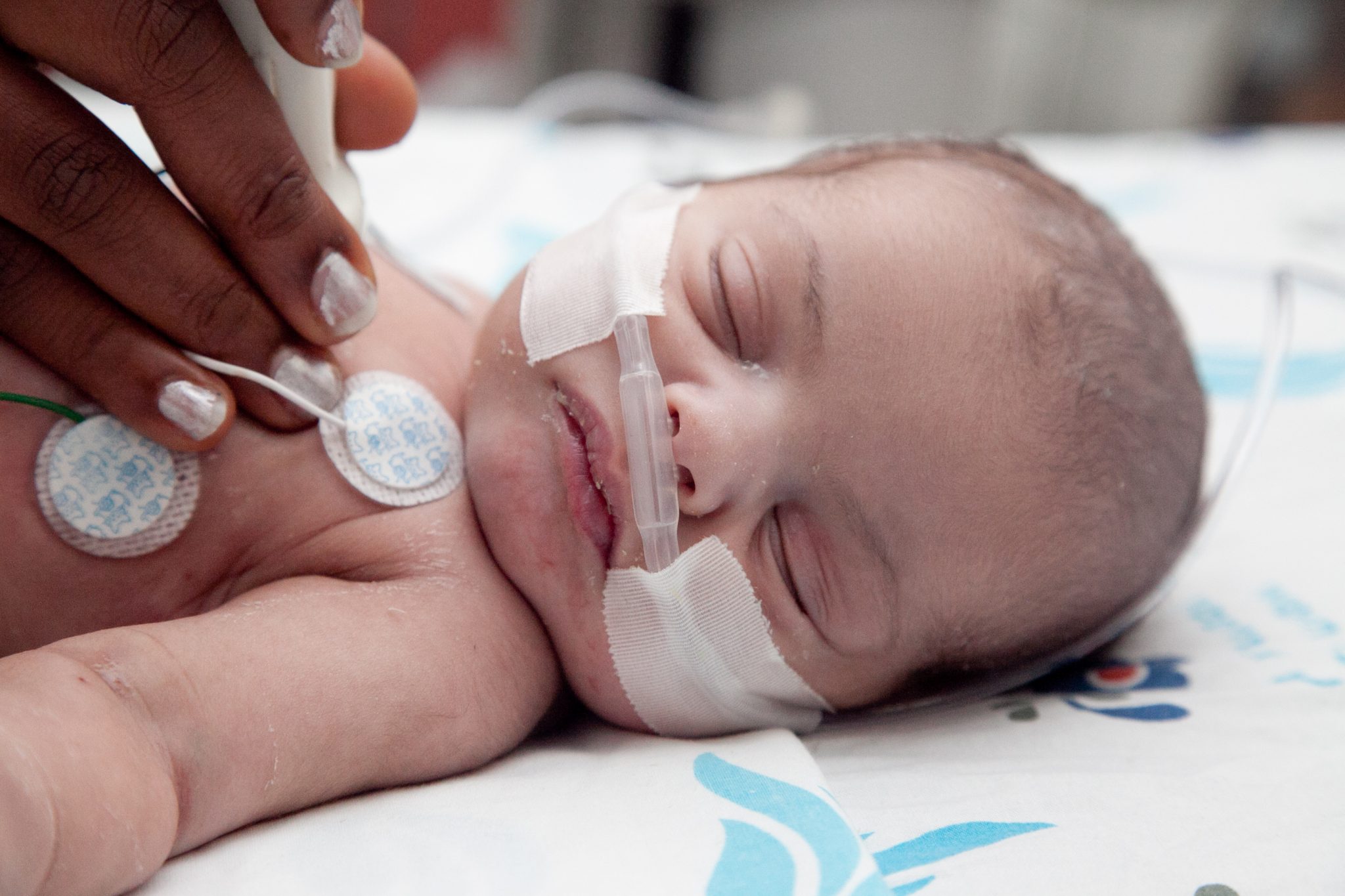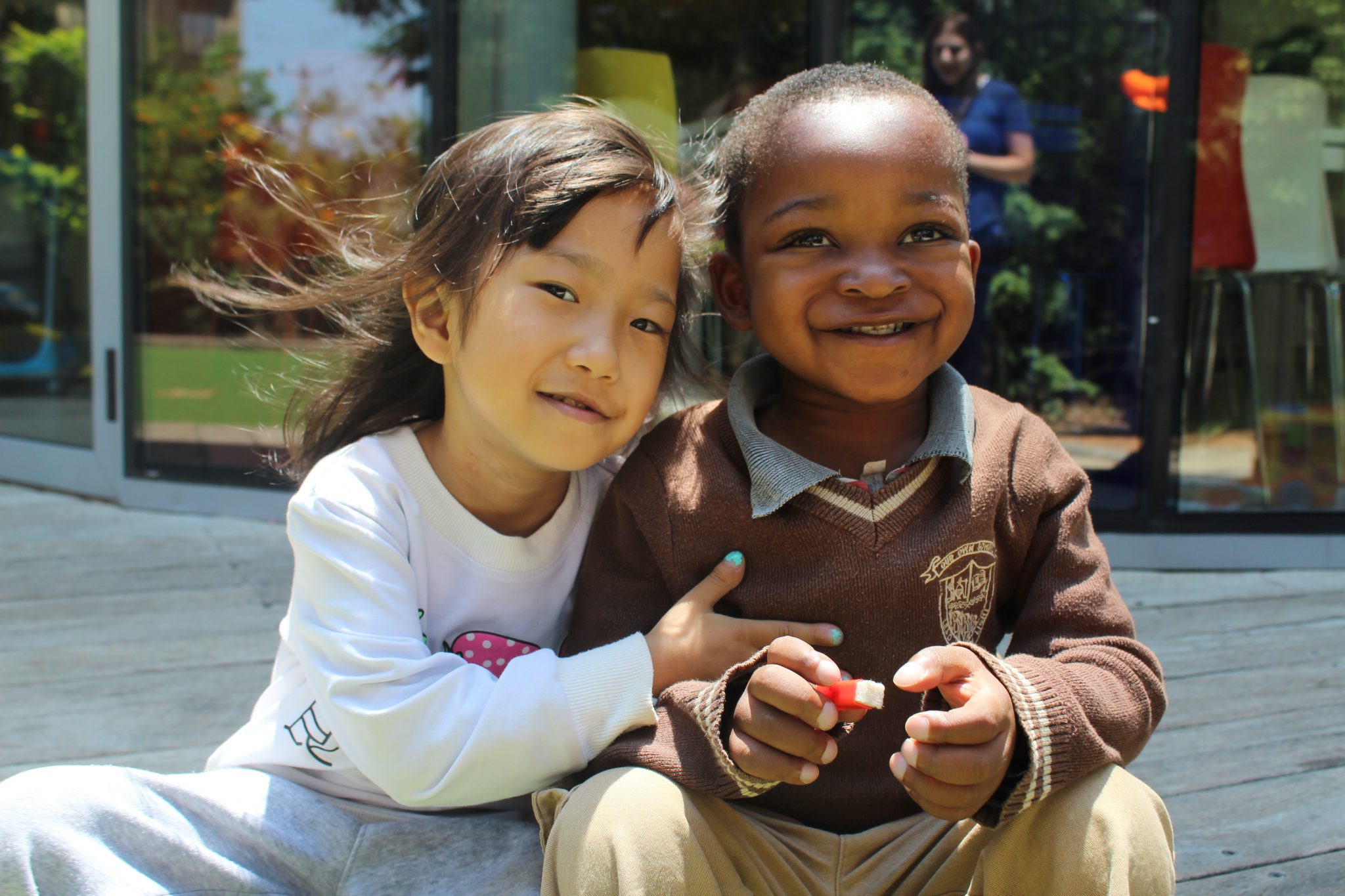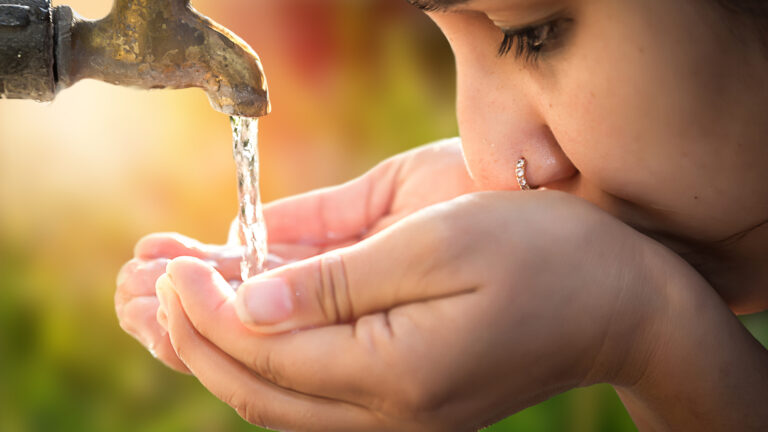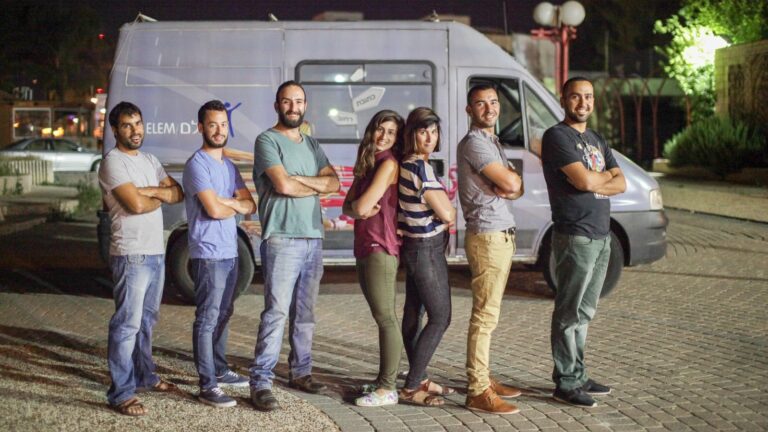For the first time, an Israeli nonprofit organization is receiving the United Nations’ Population Award. Save a Child’s Heart (SACH), Israel’s largest international humanitarian non-profit, was presented with the prize by UN Secretary General Antonio Guterres during an official ceremony at UN headquarters on Tuesday.
Three of SACH’s top physicians – Dr. Lior Sasson, Dr. Akiva Tamir and Dr. Sion Houri – will be in New York to receive the award.
Save a Child’s Heart has been doing what its name implies since 1995. The organization’s goal is to improve the quality of pediatric cardiac care for children in developing nations, as well as to create “centers of competence” in those countries.

The results have been impressive: more than 4,700 children with congenital heart defects from 57 countries in Africa, South America, Europe, Asia and throughout the Middle East have been treated by SACH’s volunteer physicians. More than half are Palestinian children from the West Bank and Gaza.
SACH is headquartered out of Wolfson Medical Center in Holon. Every Tuesday, 20 to 30 Palestinian children arrive with their parents to SACH’s cardiology clinic where they are examined for free by SACH heart physicians.
There are also 30 children in Israel this week alone – from Ethiopia, Senegal, Zanzibar, Tanzania, Romania, the West Bank, Gaza, Myanmar and Fiji – recovering from heart surgery or waiting for an operation.
SACH’s outreach includes running preoperative and follow-up cardiology clinics for doctors and nurses from developing countries. SACH is currently training medical personnel from Tanzania, Kenya, Ethiopia and the Palestinian Authority.
The UN award will undoubtedly bring more attention to SACH at a particularly opportune time: the organization is currently in the final stages of building a 7-story International Pediatric Cardiac Center. The Sylvan Adams Children’s Hospital will also serve the local Israeli population and is expected to be completed in 2019.
Fighting for Israel's truth
We cover what makes life in Israel so special — it's people. A non-profit organization, ISRAEL21c's team of journalists are committed to telling stories that humanize Israelis and show their positive impact on our world. You can bring these stories to life by making a donation of $6/month.








